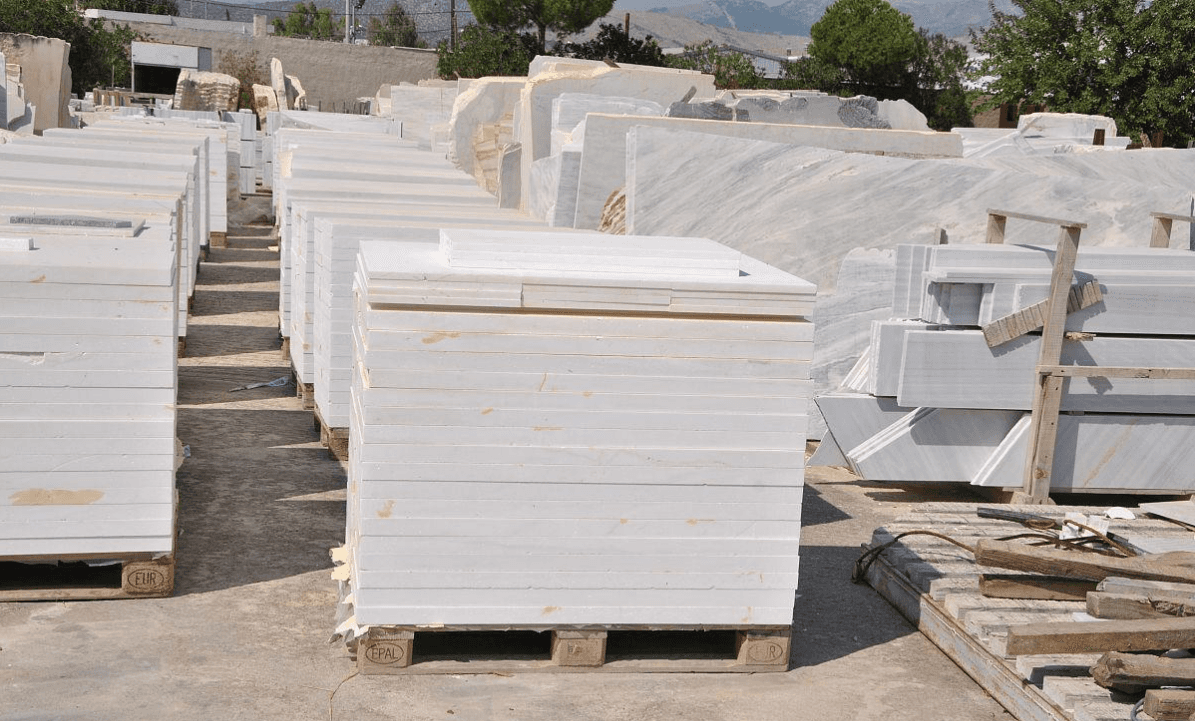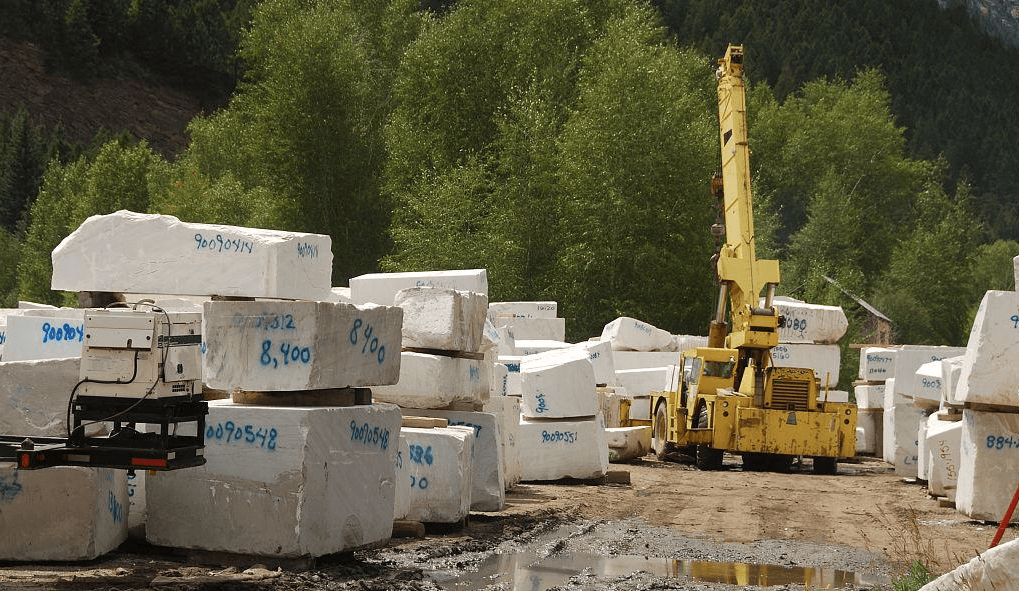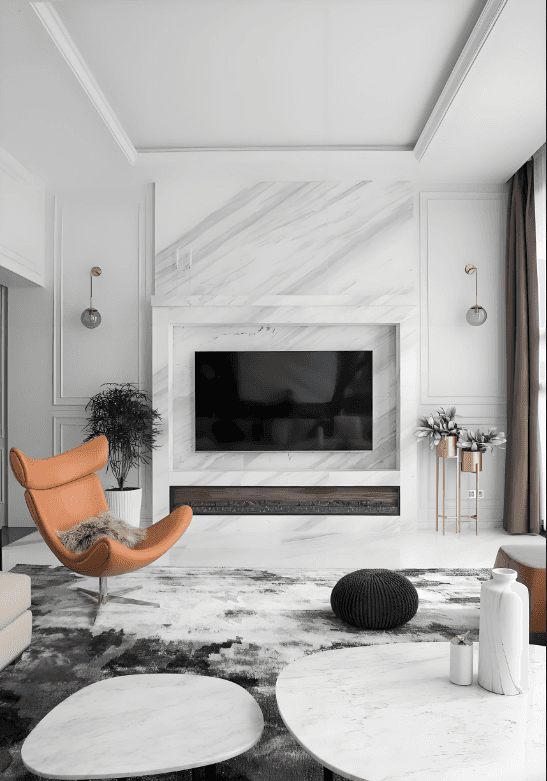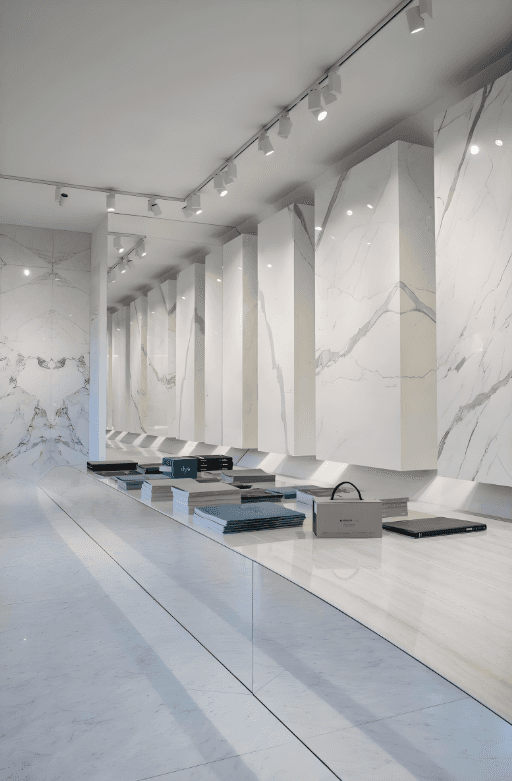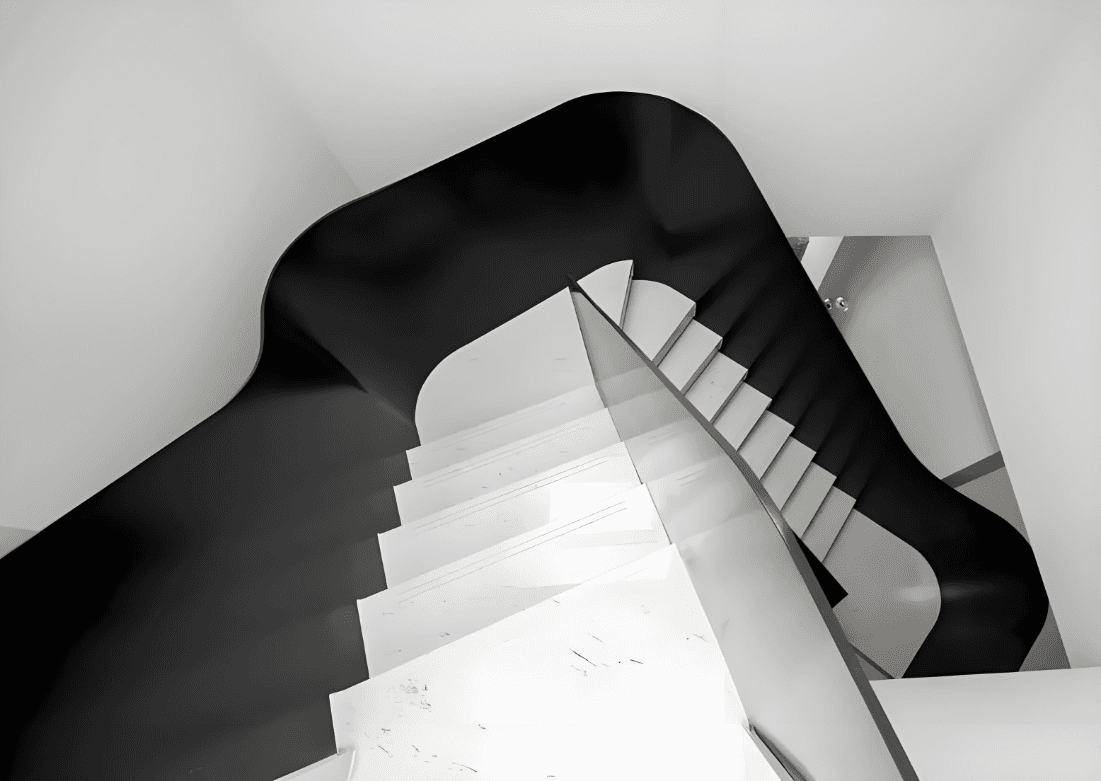Causes, Prevention, and Treatment of Yellowing in White Marble
Lizzy
Causes, Prevention, and Treatment of Yellowing in White Marble
White marble is widely used in high-end decoration for its elegance and nobility. However, its tendency to yellow over time has made many users wary of using white marble. This article will explore in detail the causes of yellowing in white marble, how to prevent it, and how to address the issue.
I. Causes of Yellowing
Internal Factors
Structure and Composition of the Stone: The iron minerals in white marble oxidize, leading to yellowing.
Moisture and Oxygen in the Air: Moisture and oxygen react with divalent iron in the stone to form trivalent iron hydroxide, i.e., rust.
External Factors
Wear: The wear of the marble surface allows dirt to enter the micropores of the marble, causing yellowing.
Improper Care: Using a dirty mop to wet mop the floor causes the marble surface to become polluted and yellow.
Waxing: The aging of the wax layer turns yellow.
Crystal Face Treatment: The fine powder residue of steel wool left on the marble surface leads to yellowing.
Installation Process: Cement slurry and other substances during the installation process can cause yellowing.
II. Preventive Measures
Attention During Processing and Installation
Waterproof Treatment: Apply waterproof treatment to the back of the stone slab before installation to prevent moisture from entering the stone interior.
Professional Installation: Ensure that stone installation practitioners have a professional foundation and maintain a clean construction environment.
Proper Maintenance: Use clean mops and clear water to mop the floor, avoiding the use of wax products that can block the pores of the stone.
Prevention in Material Selection and Design Phase
Material Selection: Choose high-quality waterproof back glue for the back waterproof treatment of the slab.
Design: Consider the special needs of the stone, such as breathability and water resistance, in the design phase.
III. Treatment Methods for Yellowing
Removal of Yellowing Stains
Iron Removal: Use weakly acidic or neutral rust removers to avoid damage to the stone from strong acids.
Cleaning: Use a special cleaner to remove dissolved iron ions to prevent secondary yellowing.
Maintenance: Regularly maintain the stone to reduce contact between water and the stone.
DIY Home Treatment
Tissue Paper Method: Pour rust remover on tissue paper and place it on the yellowed area; after a while, the yellowing will gradually decrease.
IV. Conclusion
Yellowing of white marble is a complex issue involving various factors. By understanding the causes of yellowing and taking effective prevention and treatment measures, the beauty of white marble can be maintained and its service life can be extended. It is recommended to undertake prevention and treatment under professional guidance to avoid unnecessary damage.
